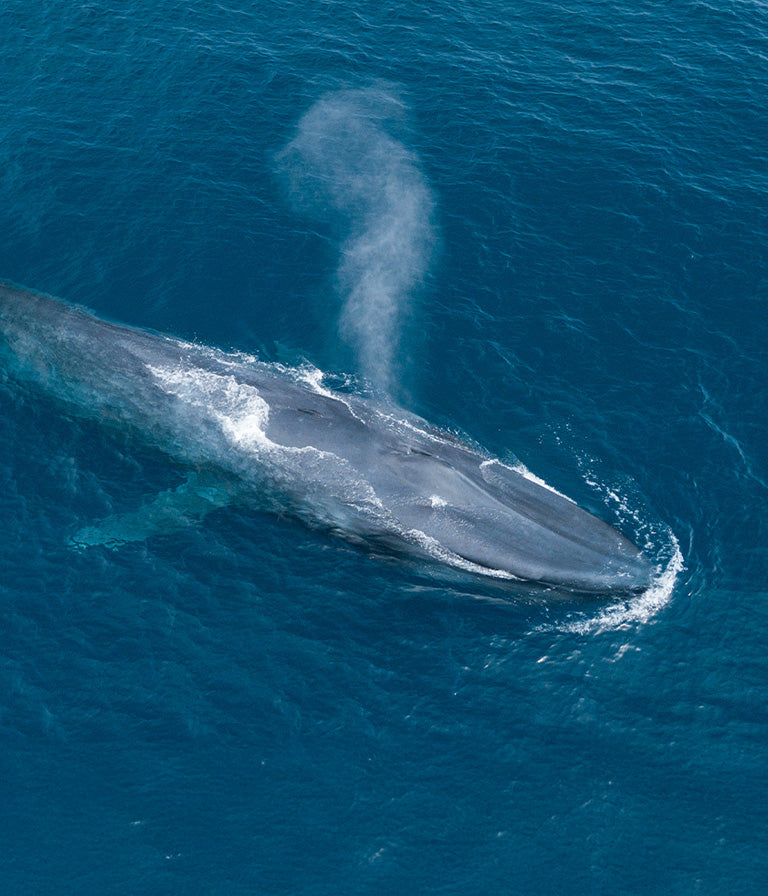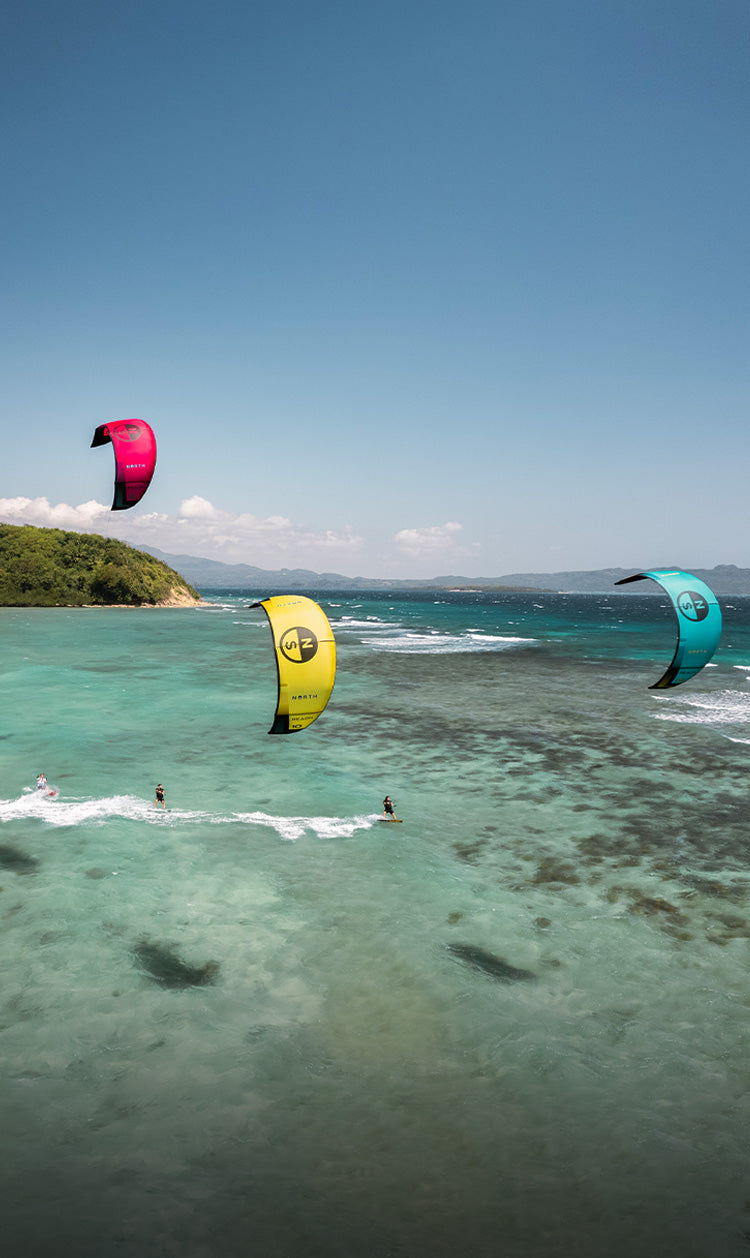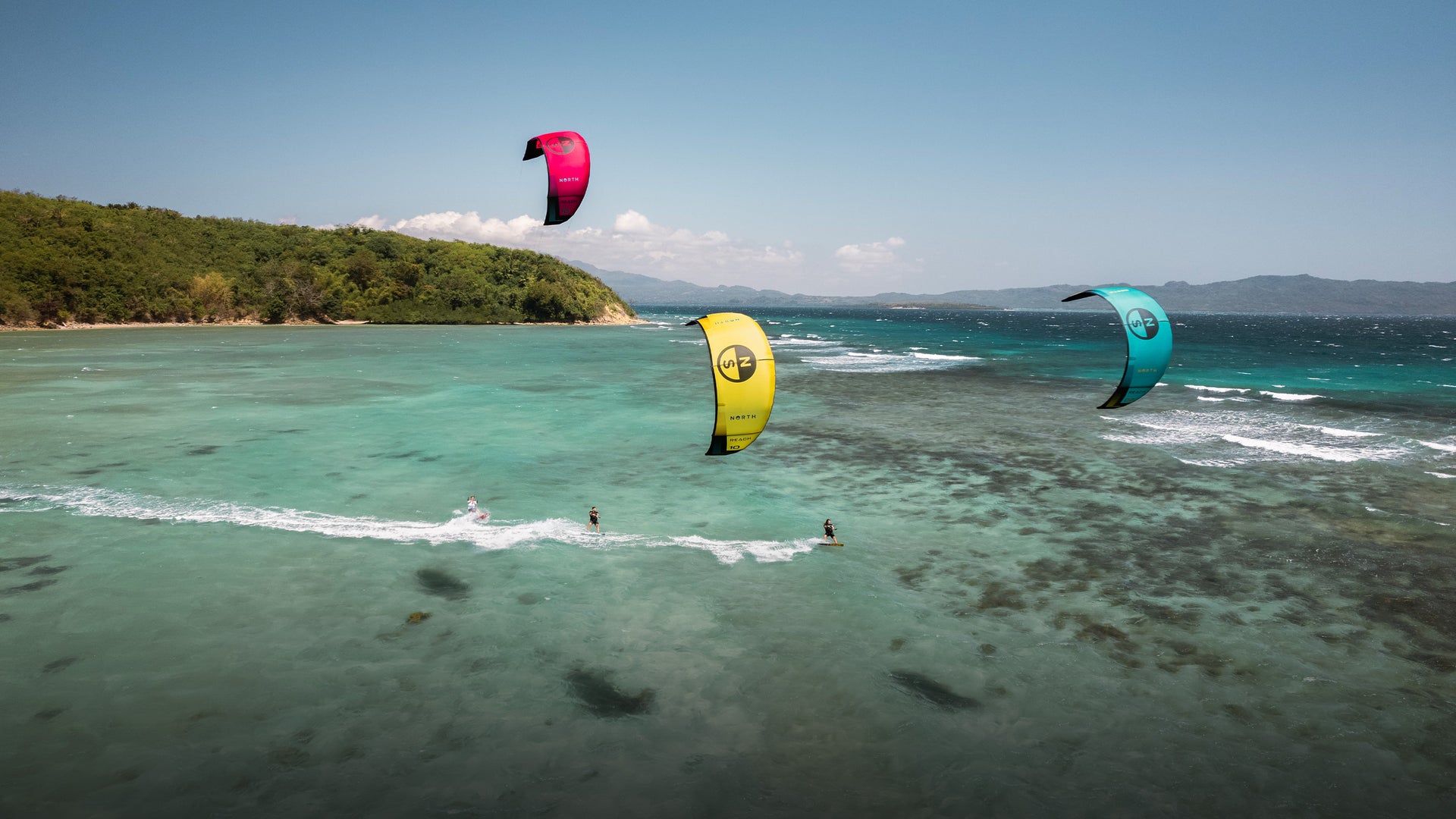-

28 May 2025
World Ocean Day
Join North and save our playgrounds.
-

18 October 2021
Sustainable packaging
Our connection to the ocean is what brings our community together. We all want clean, fresh oceans on which to do what we love. But studies show that plastic pollution is clogging up our estuaries and filling our beaches, destroying nature's playground, and harming marine life. Millions of animals are killed by plastics every year, from birds to fish to other marine organisms.
-

09 September 2021
Environmentally Conscious Materials
At North we support the fundamental movement towards sustainable production and consumption, reducing the plastic in our oceans and promoting a cleaner future. Our goal is to increase our use of recycled materials in all products.
-

18 January 2021
Taking care of the soil and the tiny critters
Every North T-shirt and Sweat is made from 100% Organic cotton, grown on farms without the use of any toxic and persistent pesticides or fertilizers. Using organic cotton to replace synthetic materials in our apparel range helps us to minimize our effect on Mother Nature.
-

11 June 2020
North Sails and North Kiteboarding set sail together for a cleaner planet this World Oceans Day.
The ocean is our playground, being on the water is our passion, and protecting it is our responsibility. So, this World Oceans Day, the North Brands have teamed up to help amplify the call on world leaders to protect 30% of our blue planet by 2030.






